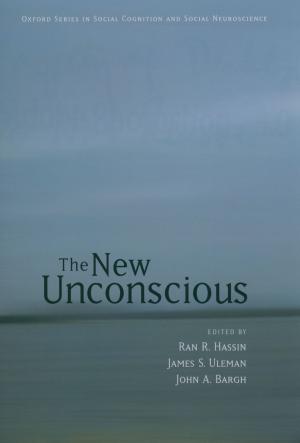Through the Valley of Shadows
Living Wills, Intensive Care, and Making Medicine Human
Nonfiction, Health & Well Being, Medical, Patient Care, Pain Medicine, Reference, Ethics| Author: | Samuel Morris Brown | ISBN: | 9780199392971 |
| Publisher: | Oxford University Press | Publication: | April 1, 2016 |
| Imprint: | Oxford University Press | Language: | English |
| Author: | Samuel Morris Brown |
| ISBN: | 9780199392971 |
| Publisher: | Oxford University Press |
| Publication: | April 1, 2016 |
| Imprint: | Oxford University Press |
| Language: | English |
Hospital intensive care units have changed when and how we die--and not always for the better. The ICU is a new world, one in which once-fatal diseases can be cured and medical treatments greatly enhance our chances of full recovery. But, paradoxically, these places of physical healing can exact a terrible toll, and by focusing on technology rather than humanity, they too often rob the dying of their dignity. By some accounts, the expensive medical treatments provided in ICUs also threaten to bankrupt the nation. In an attempt to give patients a voice in the ICU when they might not otherwise have one, the living will was introduced in 1969, in response to several notorious cases. These documents were meant to keep physicians from ignoring patients' and families' wishes in stressful situations. Unfortunately, despite their aspirations, living wills contain static statements about hypothetical preferences that rarely apply in practice. And they created a process that isn't faithful to who we are as human beings. Further confusing difficult and painful situations, living wills leave patients with the impression that actual communication with their physicians has taken place, when in fact their deepest desires and values remain unaddressed. In this provocative and empathetic book, medical researcher and ICU physician Samuel Morris Brown uses stories from his clinical practice to outline a new way of thinking about life-threatening illness. Brown's approach acknowledges the conflicting emotions we have when talking about the possibility of death and proposes strategies by which patients, their families, and medical practitioners can better address human needs before, during, and after serious illness. Arguing that any solution to the problems of the inhumanity of intensive care must take advantage of new research on the ways human beings process information and make choices, Brown imagines a truly humane ICU. His manifesto for reform advocates wholeness and healing for people facing life-threatening illness.
Hospital intensive care units have changed when and how we die--and not always for the better. The ICU is a new world, one in which once-fatal diseases can be cured and medical treatments greatly enhance our chances of full recovery. But, paradoxically, these places of physical healing can exact a terrible toll, and by focusing on technology rather than humanity, they too often rob the dying of their dignity. By some accounts, the expensive medical treatments provided in ICUs also threaten to bankrupt the nation. In an attempt to give patients a voice in the ICU when they might not otherwise have one, the living will was introduced in 1969, in response to several notorious cases. These documents were meant to keep physicians from ignoring patients' and families' wishes in stressful situations. Unfortunately, despite their aspirations, living wills contain static statements about hypothetical preferences that rarely apply in practice. And they created a process that isn't faithful to who we are as human beings. Further confusing difficult and painful situations, living wills leave patients with the impression that actual communication with their physicians has taken place, when in fact their deepest desires and values remain unaddressed. In this provocative and empathetic book, medical researcher and ICU physician Samuel Morris Brown uses stories from his clinical practice to outline a new way of thinking about life-threatening illness. Brown's approach acknowledges the conflicting emotions we have when talking about the possibility of death and proposes strategies by which patients, their families, and medical practitioners can better address human needs before, during, and after serious illness. Arguing that any solution to the problems of the inhumanity of intensive care must take advantage of new research on the ways human beings process information and make choices, Brown imagines a truly humane ICU. His manifesto for reform advocates wholeness and healing for people facing life-threatening illness.















